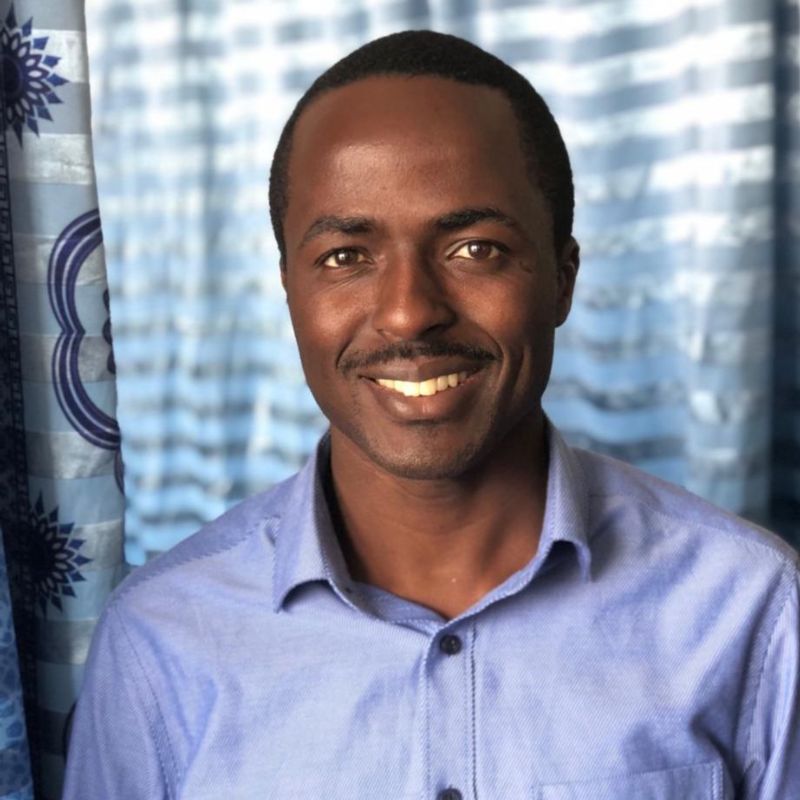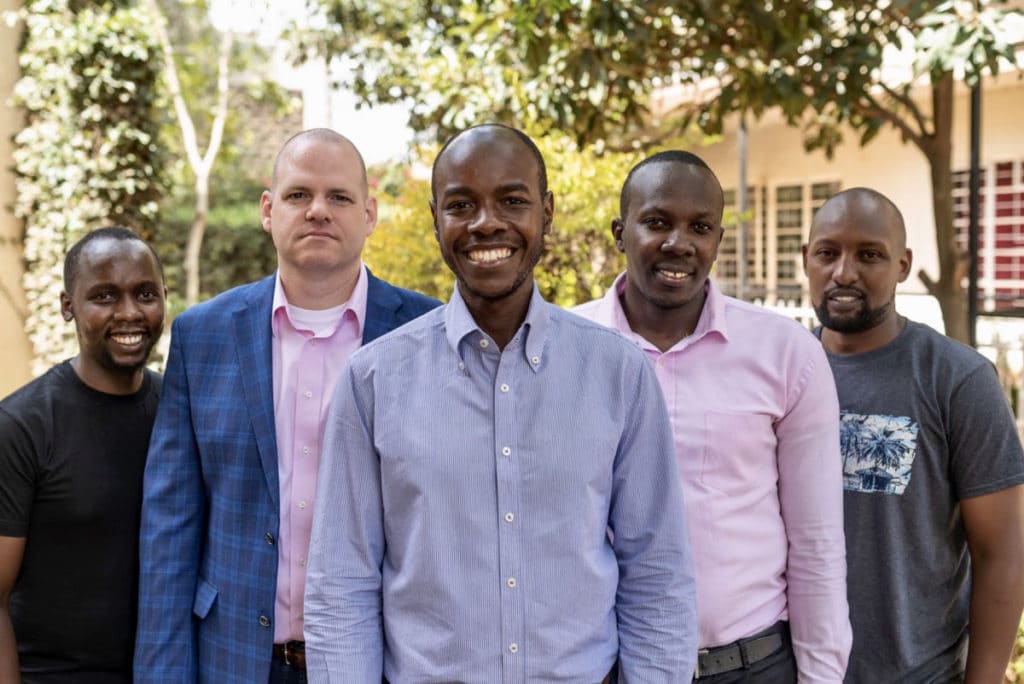Cheap drugs, antibiotic resistance and Banda Health
A few weeks ago, the New York Times published an article about the rise of drug-resistant bacteria in Kenya. Poor sanitation, cheap medication, unregulated prescription and unsafe antibiotic use have all contributed to the spread of bacterial infections that no longer respond to standard antibiotic treatment.
Before you dive in (and you really should – it’s a fascinating article about a problem with global consequences) here are a few notes about some of the people and places mentioned in the article, and what role Banda Health has to play in addressing this crisis.
Want to get updates like these straight to your inbox?
This is who Banda Health exists to serve
The “chemists” (drug vendors), the clinic and the hospital described in this article are exactly the kinds of organizations Banda Health exists to serve. And Kibera, the low-income residential area described in this article, is exactly the kind of community we exist to serve. In fact, we already have a clinic in Kibera that has signed up and will be coming online with Banda Go in the next few weeks.
Shoutout to Kijabe
Kijabe Hospital, described in the article as “one of Kenya’s best hospitals,” is where Steve has been involved training doctors since 2006. Dr. Mbugua and Dr. Otieno trained at Kijabe and now work there. Kijabe Hospital has been using Banda Health’s Inpatient Medicine database since November 2018.


Dr. Evelyn Mbugua and Dr. George Otieno
What is Banda Health's role in this crisis?
Banda Health can help stem the tide of drug-resistant bacteria in a number of ways, but one of the most important is by providing much-needed health data to the public health sector.
Banda Go helps clinics answer their #1 felt need: financial sustainability, helping them improve care for the patients that come through their doors. Banda Go also helps these clinics contribute to the improvement of health at community and global levels, providing anonymous, secure health metadata on prescription trends, disease prevalence, health outcomes, and health costs in the informal health sector described in the article. This kind of data is almost impossible to collect at scale in communities like Kibera – but it is absolutely fundamental to the research, health policy, education initiatives and funding decisions that will be necessary to address this crisis.

Global crisis, global response.
It will be small steps at first – a handful of clinics turning their businesses around, providing a higher standard of care to their local communities. But as we grow, an expanding network of clinics powered by Banda Go will churn out secure, anonymized health data with the potential to impact communities far beyond their own.
Banda Go is our baby, and it’s taking a global village to raise it. Thanks for being a part of that village!

